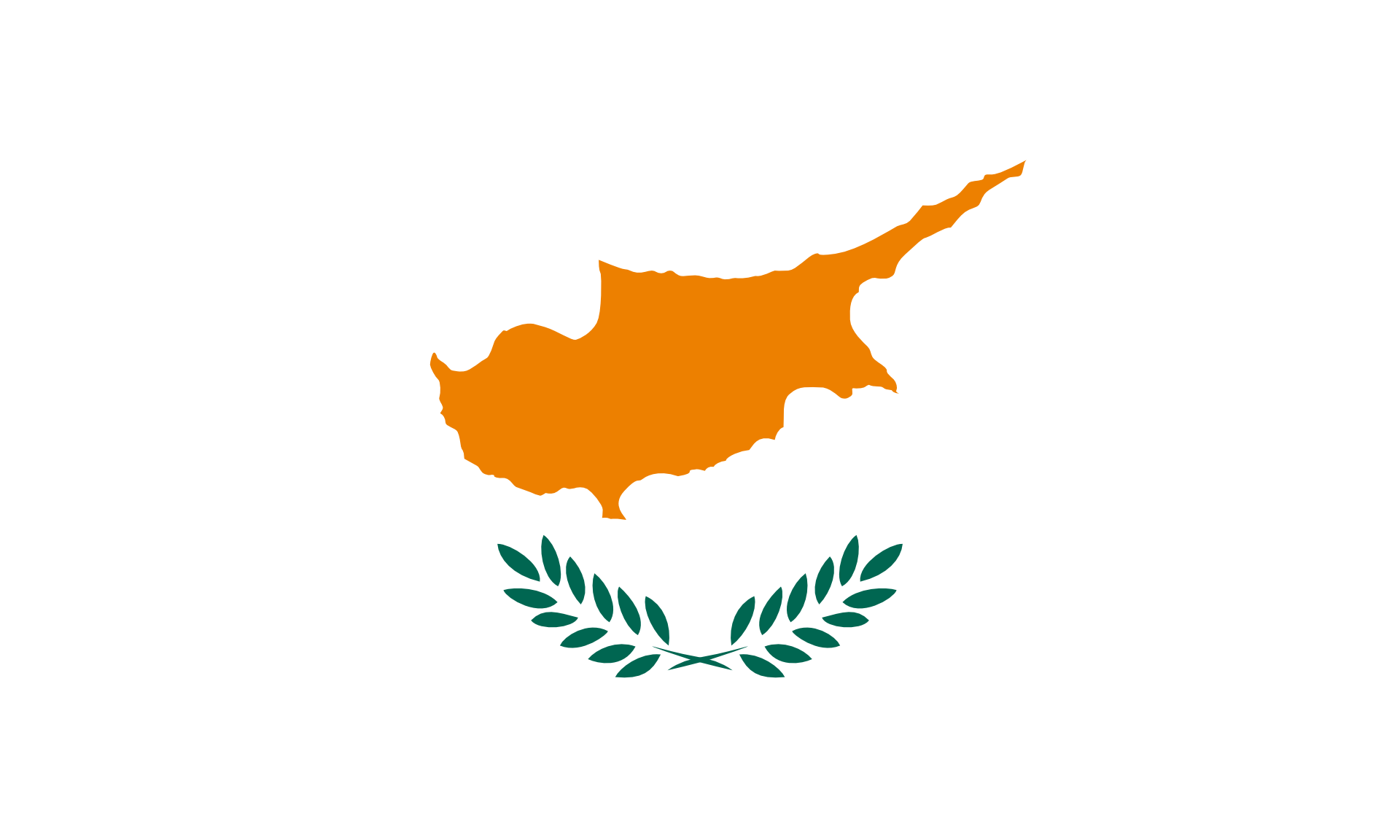Among the euro zone (EZ) periphery countries hit by the global financial crisis of 2007-8, Greece experienced the worst decline and the biggest need for international support. Between 2008 and 2016, Greece lost more than one fourth of its GDP. It also had to rely on a number of official or unofficial programs of financial assistance provided in various forms by the EU, the ECB and the IMF; only the three official fiscal bailouts between 2010 and 2015 amounted to around 290 billion euros. Although GDP growth managed to rebound in 2017, the recovery was fragile (driven mainly by net exports and private consumption) even before the eruption of the new economic crisis caused by the covid-19 pandemic in early 2020. For instance, at the end of 2019, private investment remained at around 11% of GDP only, public debt was around 175% of GDP, external liabilities were around 140% of GDP with the current account still in deficit, unemployment was around 17% and, perhaps more importantly, Greece scored poorly in institutional quality vis-à-vis other EU and OECD countries. Besides, as part of the various bailout programs, around 70% of Greek public debt is owned by public institutions of the EU and the ECB.
The aim of this project is fourfold. First, we search for the drivers of the Greek debt crisis. This includes driving forces and propagation mechanisms through which the driving forces shaped equilibrium outcomes and in particular the big output loss between 2008 and 2016. Second, we conduct a decomposition exercise to quantify the relative contribution of various driving forces, as they are in the data, to this output loss. Third, building upon the first two steps, we search for counter-factual scenaria that could have possibly given better outcomes between 2008 and the covid-19 pandemic. Fourth, we study what can happen from now on given the new crisis triggered by the covid-19 outbreak. Putting all this together, our aim is to identify the barriers to, and the engines of, growth. This helps us to draw some macroeconomic policy lessons that could be useful in the future.
Our simulations show that the Economic Adjustment Program (namely, the fiscal austerity mix combined with the official fiscal bailouts and the various types of monetary accommodation provided by the ES), jointly with developments in institutional quality (specifically, the deterioration of protection of property rights), can account for most of the cumulative loss in GDP between 2008 and 2016. In particular, departing from 2008, when we feed our model with the Economic Adjustment Program and an index of property rights, both as they are recorded in the data, the model, via its propagation mechanisms, produces around 23% fall in GDP between 2008 and 2016 as compared to around 26% in the data. The Economic Adjustment Program accounts for 13% and the deterioration in property rights adds another 10%.
On the other hand, counterfactual scenarios during the debt crisis imply the following. First, things could have been much worse. Despite the conflicting views about the content of the bail-out program, especially regarding its fiscal austerity preconditions, our numerical simulations imply that financial assistance (provided by other EU counties and institutions, the ECB and the IMF) has helped the Greek economy to avoid the worst. For instance, if the fiscal needs were financed by, say, higher income taxes rather than by the three official fiscal bailouts, the loss in output would have been tremendous, other things equal. Also, even if one is willing to make the unrealistic assumption that the Greek government were able to keep selling its bonds to the private market, the high market interest rates it would have to pay would have led to a bigger output loss than that in the data. Besides, when we make the assumption that the ECB did not follow an accommodative policy towards Greece, the model ceases to exhibit a (stable) solution implying (to the extent that one trusts our model) that this scenario would be non-feasible, other things equal. Second, things could also have been better. The output loss could have been significantly smaller if some things had been done slightly differently. In particular, the output loss during 2008 and 2016 could have been around 10% only (always relative to the departure year of 2008), if the country had followed an alternative fiscal policy mix (for example, a cut in income taxes, or an increase in public investment, both financed by a cut in transfer payments), if reforms in the product market had been adopted and implemented in a faster and/or more effective way so as the degree of product market liberalization to get closer to that in the core EZ countries; and, above all, if institutional quality had not deteriorated since 2008 but had simply remained at its pre-crisis level. It has to be emphasized that improvements in these areas did not have to be in the area of fantasy; in our counterfactuals, we assume small changes vis-a-vis the values in the data. That is, small changes could have made things much better.
Moreover, we use the same model to quantify the impact of the recent covid-19 pandemic on the Greek economy under different actual and hypothetical scenaria. Following the relevant literature, we model the pandemic shock as a temporary adverse labour supply shock. This mimics the effects of the necessitated containment measures on labor supply. Departing from the year 2019, and assuming a rather moderate value for the adverse labor supply shock that lasts during 2020 only, our simulations show that in 2020, and in the fictional case of no policy reaction, the Greek economy could suffer an output loss of around 12% relative to 2019 and public debt to GDP could jump to more than 220%. This shows the big vulnerability of the Greek economy to supply shocks even of relatively small magnitude. Policy responses, on the other hand, can mitigate the economic damage. For example, responding with higher public spending and lower taxes, as the Greek government has already done or has announced to do, can make the recession milder (the output loss can be around 8.5% in 2020) and the rise in public debt smaller (it could be around 214%). The same simulations show that the expected financial assistance from the EU via the Recovery Fund (around 32 billion euros for Greece) can seriously help the Greek economy but this depends crucially on the way it is used. If it is used, for example, to finance public investment, it will limit the output loss to around 6.5% in 2020 and will also put the country on a sustainable path with public debt falling to around 168.5% in the coming years thanks to economic growth. If, on the other hand, it becomes a common pool for rent seeking, it will be completely wasted (it will be as if the country has received zero aid from the EU) and the country will be trapped in a bad equilibrium in the coming years. Product market liberalization and developments in institutional quality will also be crucial, as they have been during the debt crisis in the 2010s.
*This is an updated version of the authors’ previous blogpost, that incorporates the main findings regarding both the recent debt crisis and the COVID-19 pandemic.
A research seminar on the topic took place on 25 February 2020 at the LSE, organised by the Hellenic Observatory. For more information please visit the event page.
Note: This article gives the views of the author, not the position of Greece@LSE, the Hellenic Observatory or the London School of Economics.






